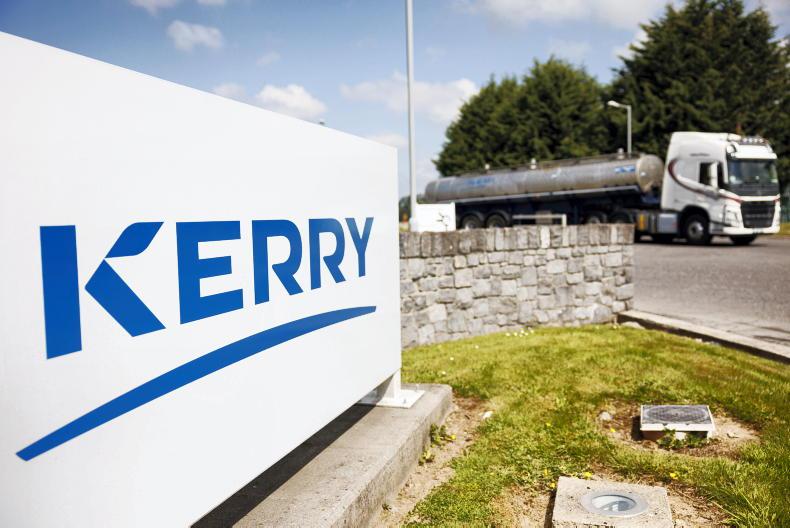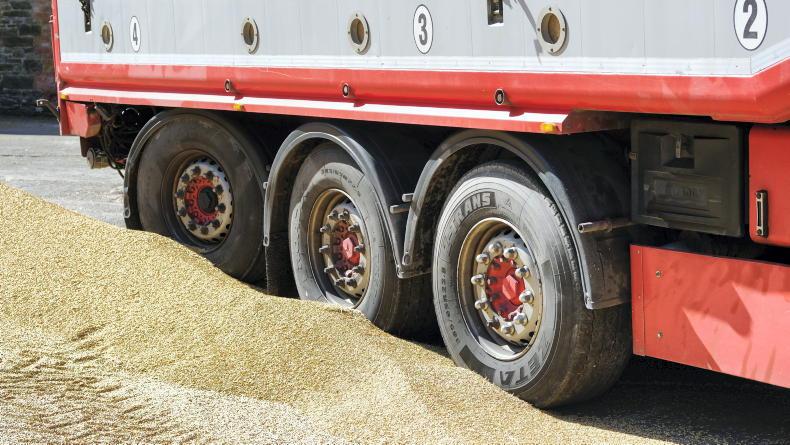DEAR SIR: I agree wholeheartedly with John O’Connor’s letter to the editor published in the Irish Farmers Journal on 20 February. I would like to reiterate that the true conversion ratio is 6:12.
I would also like to reiterate that any further reduction to this ratio would be the height of blackguarding.
Sixty-five per cent voted to uphold this ratio limit. This vote would have easily got the two-thirds majority required to go through if it was not for the “shareholders alliance”.
Worst of it is, the shareholders alliance are now the same people trying to stop this ratio being reduced further. They only promoted the no vote to try to get egg on the face of the board.
The board of Kerry Co-op has been doing a very good job all things considered. If they were doing a slightly better job at public relations, I would go so far as to say they are doing a great job.
The share redemption scheme has been a roaring success. If they can now combine this share redemption scheme with a capital gains event, it would be a stroke of genius.
I am in favour of the joint venture but the next question is how to fund it?
It can’t be from share value. Money owing to milk suppliers from arbitration is about 7.5c/l (2015 to the end of 2020). Every 1c/l is equivalent to €12m, so you start with €90m.
Kerry PLC has promised the leading milk price and it takes a minimum of five years to get out of this contract.
If we say the leading milk price is the equivalent of a top-up of 1.5c/l for five years, then we have 7.5c/l, which makes another €90m.
Kerry Co-op is holding €70m in cash. Keeping the share conversion ratio at 5.9 instead of 6.12, equates to about €87m. Some 3.9m shares multiplied by .22 multiplied by €102 share price equals €87m.
If we add these four figures together: arbitration money, leading milk price buyout, cash held by board and money from reducing conversion ratio to 5.9 you get to €337m; €480m is how much we need, so it leaves a deficit of €143m.
This must be made up from milk suppliers. This is the equivalent of 12c/l and would be as simple as charging them 1c/l for 12 years.
If this sharing up can be done tax-efficiently then there should be very little pain. This is what the co-op should do.
New entrants
Milk suppliers and particularly those who are new entrants must take a long hard look at themselves if they think that this is not fair and just.
New entrants expect to be able to produce as much milk as they like and then want to be guaranteed the best price for their milk.
This is not how business works.
Some of these new entrants have the audacity to be roaring and shouting at meetings. When it came time to vote in the last AGM, these same people didn’t even have a vote because they hadn’t gone to the trouble to go out and buy one co-op share.
These kinds of people who make the most noise are simply empty vessels.
In closing, I again will reference John O’Connor’s letter: “I am not a charity buying milk processing for milk suppliers”. Do not reduce the conversion ratio below 5.9.










SHARING OPTIONS